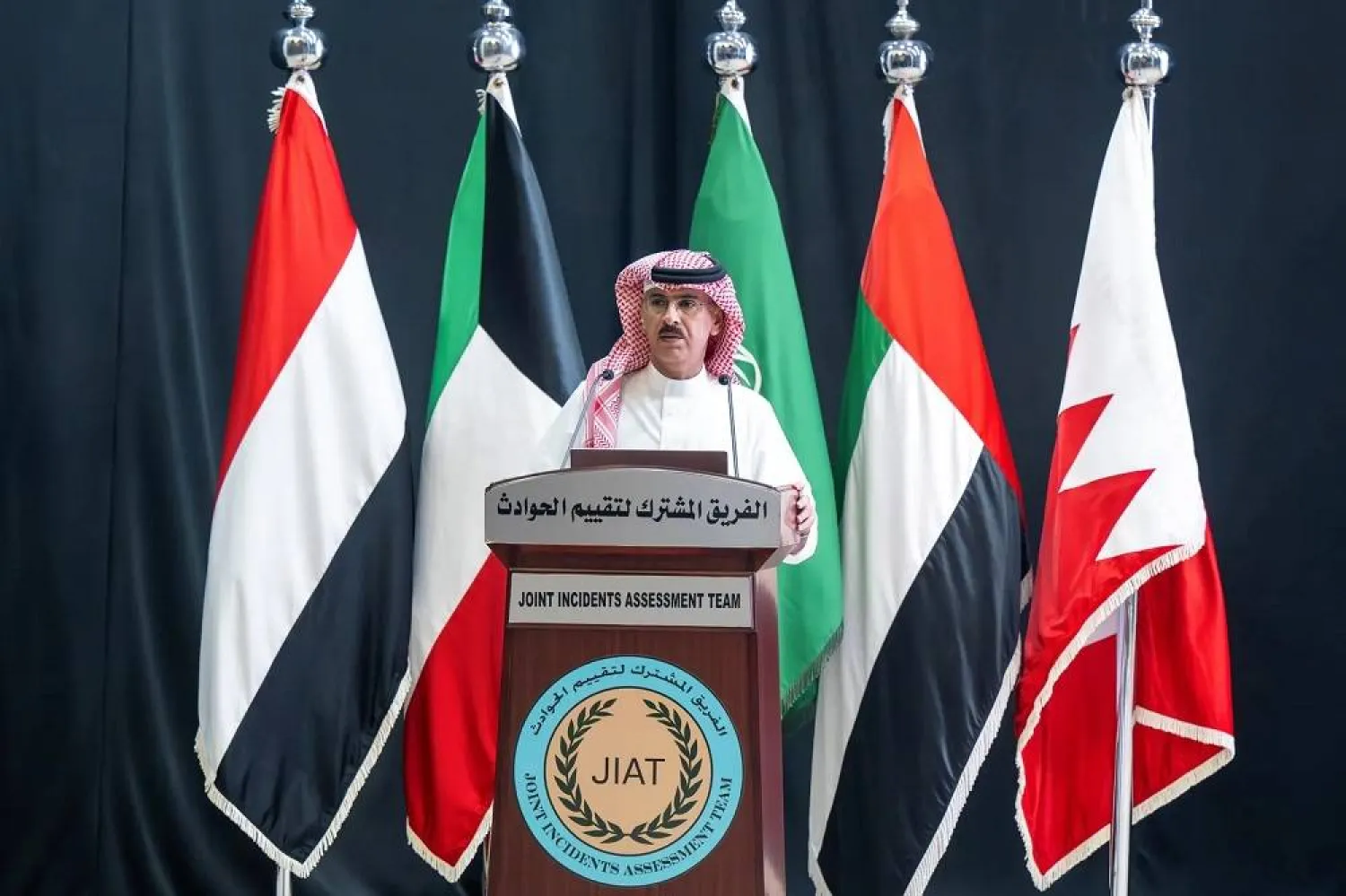The Joint Incidents Assessment Team (JIAT) dismissed as baseless on Wednesday three claims about attacks by the Arab Coalition in Yemen in the recent years.
It stressed that the procedures that were followed in these cases were in line with International Humanitarian Law.
At a press briefing in Riyadh, JIAT spokesman Mansour al-Mansour said the team has so far vetted 278 claims to reach conclusive results.
JIAT assessed a March 2020 claim by the Physicians for Human Rights about the coalition’s targeting of the Baqem Rural Hospital in the Baqem region in the Saada governorate in 2015. The claim said the attack led to heavy damage at the facility.
Al-Mansour said JIAT concluded that the hospital is located in the northeastern part of Baqem that the coalition is barred from attacking.
Moreover, the probe found out that the coalition had not carried out any air strike on Baqem city on the date that was noted in the claim.
The second claim alleged that the coalition struck a fuel station during clashes between the legitimate Yemeni forces and the Iran-backed Houthi militias in the Mahliyah district in the Marib governorate between August and September 2020.
The JIAT vetted the incident, and reviewed all documents, including air tasking orders, daily mission schedule, mission execution procedures, after mission reports, video recording of the executed mission, surveillance and reconnaissance system video recordings, satellite images.
It met those in concern related to the executed military operation, testimony of the supported unit belonging to the legitimate government forces, Coalition Forces rules of engagement, provisions and principles of International Humanitarian Law and its customary rules, and after assessment of evidence, JIAT found that Mahliyah is located in the southern part of Marib.
JIAT also found that during the fighting between the legitimate forces and Houthis, the former requested a close air support mission to target a light truck carrying Houthi fighters and weapons.
The vehicle stopped at an abandoned gas station, which had been seized by the Houthis, meaning its legal protection was lost rendering it a legitimate military target.
The degrees of verification were available by the reconnaissance and surveillance system that observed a vehicle carrying fighters and weapons belonging to the Houthis during its movement inside the operations military theater, and tracked it until it stopped and hid under a canopy.
Accordingly, the Coalition Forces carried out an air mission on a legitimate military target, using one guided bomb that hit its target.
The Coalition Forces had taken the possible precautions to avoid accidental loss or damage to civilian and civilian objects, or in any case, keep them to a minimum.
In the third case, al-Mansour dismissed a claim that the coalition struck a position close to where children were leaving a school in the Razih region in Saada on November 23, 2019.
He said the JIAT found that the coalition did not carry out any strike in the area on that day.









